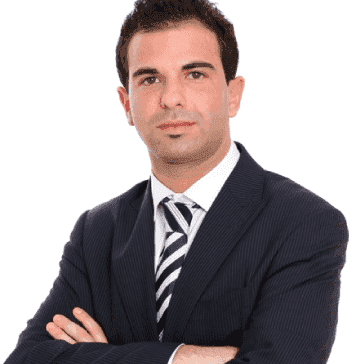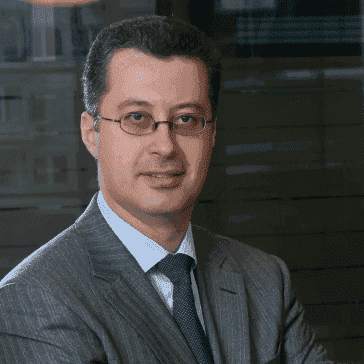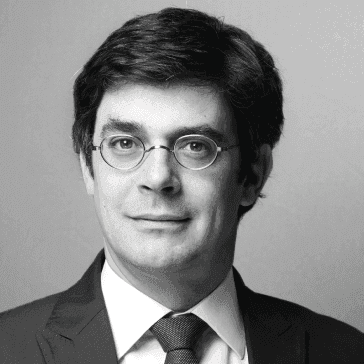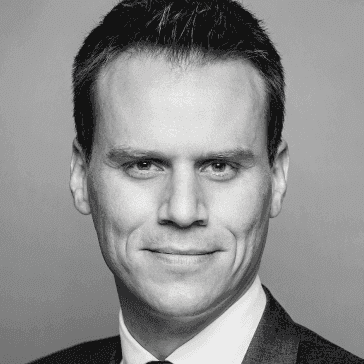Interview with Perry Zizzi, Partner at Clifford Chance Badea in Bucharest.
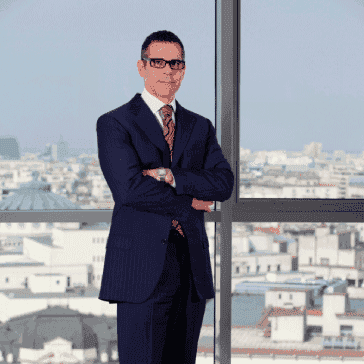
Perry Zizzi
CEELM: To start, how and where did your legal career begin – and how did you end up in Romania?
P.Z.: My career began in 1995, with a top international law firm in New York. It was a great starting point, in the frenzy of a global financial hub with infinite perspectives for a young corporate lawyer. In the 1990s, I did a lot of work in Latin America, mostly finance and M&A. In 2000, I moved to Europe, first to London and later to Paris. Without realizing it, my profession was taking me east, at a time when former communist emerging markets were becoming hotspots for foreign investors.
Advising on projects in Moldova and Montenegro, as well as my eastern European studies at university, led me to accept an offer to be based in Bucharest and cover the region. This seemed an intriguing proposition at the time, as Romania was reaching a turning point in terms of economic and business development.
Between 2004 and 2006, I split my time between Prague and Bucharest, and since I moved to Europe, I have advised on matters throughout Central and Eastern Europe (including Poland, Czech Republic, Slovakia, Hungary, Romania, Bulgaria, Moldova, Russia, Ukraine, Turkey, Montenegro, Serbia, and Croatia).
Somehow, my next move seemed a natural development for my career, as I joined the Romanian office of the largest law firm in the world – Clifford Chance Badea – as Partner, in 2007.
CEELM: What is your role, exactly, in Clifford Chance Badea? Does being an expat in the Bucharest office involve different responsibilities than the Romanian partners?
P.Z.: I see my role as a balance between my legal expertise (being hands-on on projects I coordinate) and managerial responsibilities. Being an expat gives me a perspective that has been valuable to foreign investors from Western Europe and North America in particular. I mostly advise large multinationals active in the region. Most recently, I have spent a lot of time in our Kiev office, supporting a shale gas project.
CEELM: What were the main challenges you faced when starting to work in Romania, and are those the same challenges you face today?
P.Z.: Definitely, the legal profession in Romania has significantly evolved over the past 11 years. Our own attorneys are educated at top schools and undergo continuous training within Clifford Chance to be able to keep up with a rapidly changing international legal environment. We encourage our attorneys to do secondments in other Clifford Chance offices and we have welcomed attorneys on secondment from London and other offices.
The pool of investors is, obviously, larger now. When I first came here, Romania was mostly the target of small investors from the eastern Mediterranean, such as Greece, Israel and Turkey, with a few large multinationals and some manufacturing by mainly Italian SMEs in the west. While Romania has evolved as a society and market economy, investors have become more sophisticated and aligned to international business standards and best practices. We now see more emphasis on corporate governance, for example.
On the other hand, concerns remain about corruption and predictability of the judiciary system.
CEELM: How do you think your career was influenced by the decision to move outside of the US?
P.Z.: Practicing in this region is certainly more challenging. I always say that if you get 5 Romanian lawyers in a room, you can get 10 different opinions. The law tends to be unclear, with large gaps and inconsistencies that are difficult to reconcile. By contrast, in the US, the law is much more settled on the “big picture” issues, and lack of clarity in the law tends to relate to very specific controversies on narrowly defined issues.
Much of my work, however, would be the same whether I am sitting in London or New York or in Bucharest. That’s because a lot of it involves working with local counsel to structure transactions and negotiate documentation. In this case, the “local counsel” simply sits a bit closer to my desk than if I were in a big money center.
CEELM: What have you identified, over the years, as the unique cultural aspects to keep in mind as an expat working in Romania?
P.Z.: Romania is split between two extremes. On one hand, there is an old mindset, the legacy of the former regime. It is the mindset of “No, it cannot be done.” On the other, it’s the new generation of dynamic, open-minded and customer-oriented people who represent – I hope – the future of Romania.
However, there is often even among those with this forward-looking mindset an instinct to mistrust foreign investors. The paradigm is that of the business person who believes that if a counter-party is happy with the outcome of negotiations, then he himself must have gotten a raw deal and missed something.
CEELM: In general terms, how do you think the lawyers in Romania compare with those in the more established legal markets of the UK or US? Have you seen improvement in the market since you arrived? Are there particular areas they need to improve even more?
P.Z.: The best of the Romanian legal profession is sophisticated, skilled, and experienced, and can easily match peers from any country. Clifford Chance lawyers are among the top of their profession, and our office is no exception, with a strong portfolio and top rankings in legal directories.
Litigation/dispute resolution remains underexploited by most large international firms in Romania. Many strictly local practitioners merely stumble from hearing to hearing, using tactics but lacking strategy. Investors are increasingly looking to international law firms to fill the gap and bring more sophisticated approaches to this area of law.
CEELM: On the lighter side, what is your favorite spot in Bucharest and why? What about the rest of the country?
P.Z.: I cannot imagine living anywhere in Romania except Bucharest. It is crazy, chaotic, frustrating yet alive and buzzing with activity, more interesting than many other major cities in Europe (think Brussels: a snoozefest!). As for the rest of the country, the Fagaras Mountains are breathtaking and Brasov is stunning (if still a bit lacking in quality restaurants, bars and hotels).
